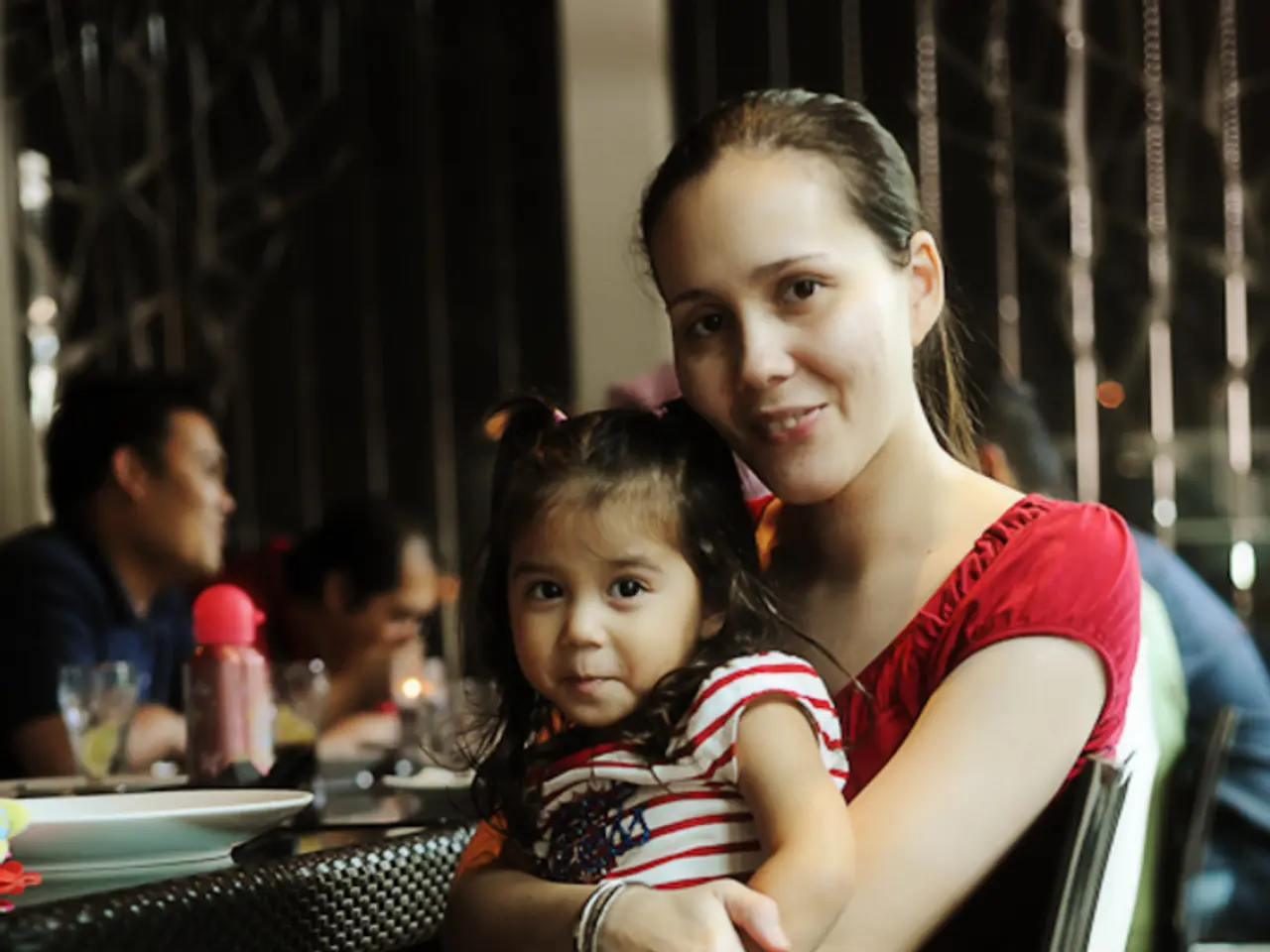Pregnancy Termination: An Explanation of Miscarriages
Miscarriage, the natural loss of a pregnancy before the 20th week, affects approximately 10-20% of known pregnancies. This article aims to provide an overview of the causes, symptoms, and support available for those experiencing miscarriage.
Several factors contribute to the causes of miscarriage. These include chromosomal abnormalities, hormonal imbalances, uterine abnormalities, chronic health conditions, environmental factors, and age. Women over the age of 35, for instance, have a higher risk of miscarriage due to a decrease in egg quality and an increase in chromosomal abnormalities. Lifestyle choices, such as smoking, excessive alcohol consumption, and drug use, are also linked to an increased risk.
Recognizing the symptoms of miscarriage early can help with emotional support and early intervention. Common symptoms include vaginal bleeding, abdominal cramping, and a sudden decrease in pregnancy symptoms. In some cases, a pregnancy may be diagnosed as threatened, where there are signs that a miscarriage may happen, but the pregnancy is still viable.
Ultrasound examination is a primary method for diagnosing a miscarriage, allowing healthcare providers to visualize the uterus and check for the presence of a fetal heartbeat. Blood tests can also help diagnose a miscarriage by checking levels of the hormone hCG and identifying any underlying health issues.
If a miscarriage occurs, there are several types to be aware of. A complete miscarriage happens when all the pregnancy tissue is expelled from the uterus. In an incomplete miscarriage, some of the pregnancy tissue remains in the uterus, and medical intervention may be required. A missed miscarriage occurs when the fetus has died but the body does not recognize the loss and continues to carry the pregnancy.
After a diagnosis of miscarriage, follow-up care is essential, including monitoring for complications, discussing emotional support options, and planning for future pregnancies. Support groups and community resources can offer a platform for sharing stories and feelings with others who have experienced similar losses. Seeking professional help, such as therapy or counseling, can provide a safe space to express feelings and work through the pain.
The emotional toll of a miscarriage can be profound, with feelings of grief, sadness, and confusion being common. It's important to seek support from loved ones or professionals during this difficult time. Self-care practices, such as journaling, mindfulness, meditation, physical activity, and communication with loved ones, can aid in healing.
Exposure to certain environmental factors, such as toxins and radiation, can contribute to the risk of miscarriage. Infections, such as listeria, toxoplasmosis, and sexually transmitted infections, can lead to complications, including miscarriage. Certain chronic health conditions, such as diabetes, thyroid disorders, and autoimmune disorders, can increase the risk of miscarriage as well.
Annually, almost one-third of all pregnancies worldwide end in miscarriage, which corresponds to about 23 million miscarriages globally each year. Women who have experienced a miscarriage in the past have a higher risk of having another one. Recurrent miscarriage is defined as having two or more consecutive miscarriages.
In conclusion, understanding the causes, symptoms, and support available for miscarriage can help those experiencing this loss navigate through a difficult time. If experiencing symptoms of miscarriage, it is essential to contact a healthcare provider for evaluation.




